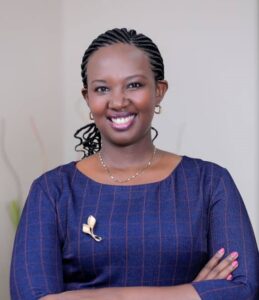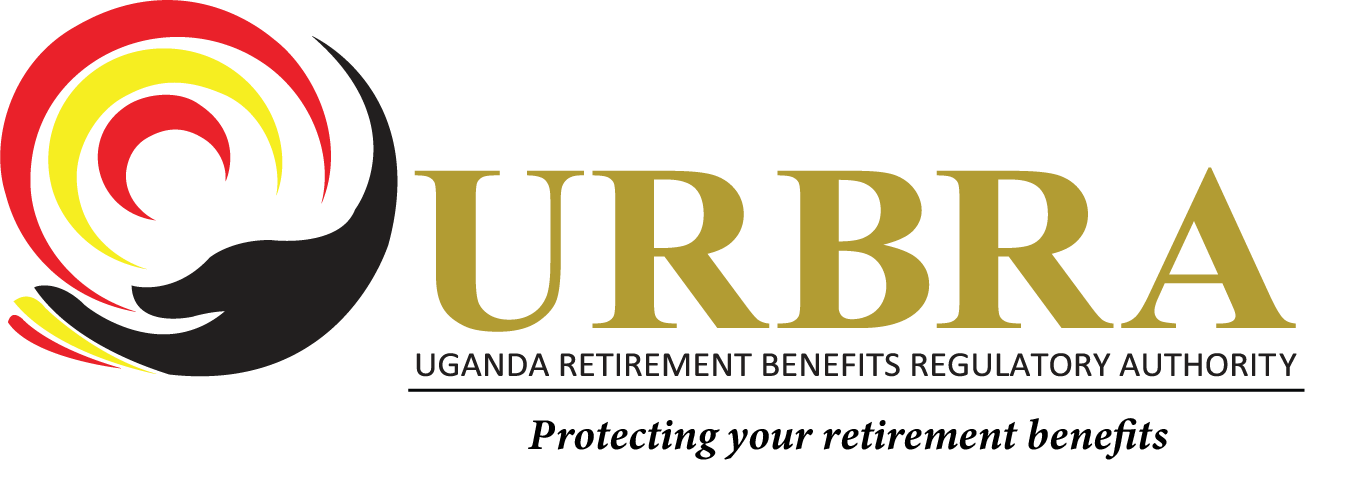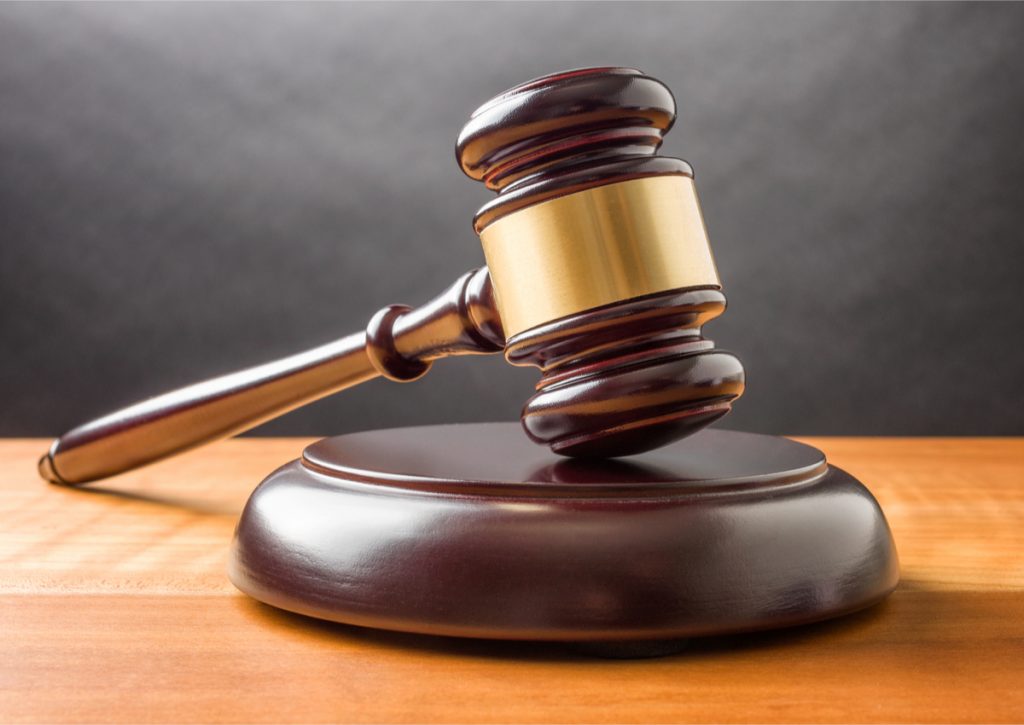Q&A- A day in the life of a Trustee
- February 23, 2022
 “A Trustee has the fiduciary responsibility for all decisions of the scheme and ensures the safety of scheme funds. They Manage and oversee the operation of the Retirement Benefits Schemes in accordance with the URBRA act ,2011.” Pheona Nabasa Wall, a Trustee for Zamara Retirement Fund and President Uganda Law Society shares her experience.
“A Trustee has the fiduciary responsibility for all decisions of the scheme and ensures the safety of scheme funds. They Manage and oversee the operation of the Retirement Benefits Schemes in accordance with the URBRA act ,2011.” Pheona Nabasa Wall, a Trustee for Zamara Retirement Fund and President Uganda Law Society shares her experience.
Qn: Being a Trustee is a voluntary undertaking, what motivates you to take on this role?
Ans. I have always been interested in Trust and Pension funds. I am passionate about the economy. When we encourage people to make long term investments, it bodes well for the economy. It bodes well for people when they have pensions that are invested in such a way that they actually grow their money. I also do this because I believe in serving people and in good governance. I am very passionate about good governance so every chance I get to participate in improving governance compliance of any organization, I embrace it.
Qn: In Implementing your typical roles and functions, what are the high points and low points? Are there any specific challenges relating to the work of a Trustee?
Ans. Of course, if you have not done economics or if you’re not a numbers person, it can be difficult. You would need a lot of support, but I believe there are a lot of resources to help trustees. In implementing my typical roles and functions, the high points are that you really get to make a difference and it builds your confidence. When the funds do well, and you make good decisions, then you know what you doing really counts and impacts people’s lives. The low points are that sometimes there are unpredictable circumstances which affect markets and funds. For example, we are now dealing with Covid-19 and its effects. It’s not a good story all around.
Qn: When scheme members are evaluating the work/ service that you give them, what indicators do they use? What should be the key performance indicators of a trustee?
Ans. A Trustee’s key result areas are really to ensure compliance with the Trust Deed. So usually the Trust Deed is the first instrument they use to evaluate whether you have met the requirements therein. They also look at whether you have been exercising your duty of care, whether you have been applying your skill – as a trustee you are appointed because they think that you have a certain level of skill. They will also look at whether you have been a good steward, and whether the funds have grown or been diversified, and the indicator here is the interest earned by members. They will also look at whether you have managed risk and given reasonable guidance within the meetings. I think these are some of the key result areas that a Trustee can be evaluated on.
Qn: In what ways do Trustees interlink with the sector regulator?
Ans. Trustees and the regulator work together because the sector needs both to operate efficiently. To further strengthen the interlinkages, they should meet regularly, to ensure that the trustees remain accountable while the regulator keeps a hand on the pulse and raise red flags if any. This relation should be amicable, characterized by trust. If there’s animosity of any kind, there will be suspicion on both sides. Then we shall see the regulator clamping down or not being as responsive and the fund will stop growing. The regulator is there for a purpose and that is to ensure that the trustees do their work and that means that the trustees and the regulator have to actually be in consistent communication for this to happen.
Qn: In your reckoning, what does the future of retirement benefits sector in Uganda look like.
Ans. The future looks bright, of course Covid-19 has changed a lot of things, and raised a lot of questions. Just the fact that NSSF was unable to do anything about mid-term access to their savings, made people think twice. We have a huge informal sector and it’s not clear how that fits in the retirement benefits agenda. We are seeing more funds going into things like the real estate, the real estate investment trust is going to be a real thing. There is also the issue of liberalizing the sector, and the Bill is before Parliament. Also, as insurance penetrates the market we are seeing increase in saving in pension schemes which is a great move. With increased regionalization, and the economy becoming more formal, we are having a shift to corporate businesses and more regulation coming into the market. We are doing a lot more business internationally. Inevitably standards will be raised. We shall also see an improvement in the saving culture. I believe we are going see the growth of more funds in the economy and we are looking forward to it.
Qn: In which ways can more Ugandans be brought on board to save for retirement? Are there any specific things that trustees can do to encourage more Ugandans to save for retirement?
Ans. I think Ugandans can be brought on board to save for retirement if there’s more awareness, more training, we also need more accountability and we need to see funds growing at a faster rate. Right now, very few people are aware of the funds that are out there, people just think about one, that is NSSF, which is also associated with formal employment.
Qn: Any thoughts that you would like to share about being a Trustee for a retirement benefits scheme.
Ans. As trustees we need to think for the sector; we need to think ahead; we need to look at how we can partner across different sectors and create linkages that are going to grow the funds and provide robust ways of sustaining the people that are saving and the economy itself. We need to know how to plug into the economy and how to contribute to it. I also think Trustees need to have a closer relationship with the regulator, the regulator needs to do a lot more engagements with not only the trustees, but also the beneficiaries, to increase compliance, to increase awareness



